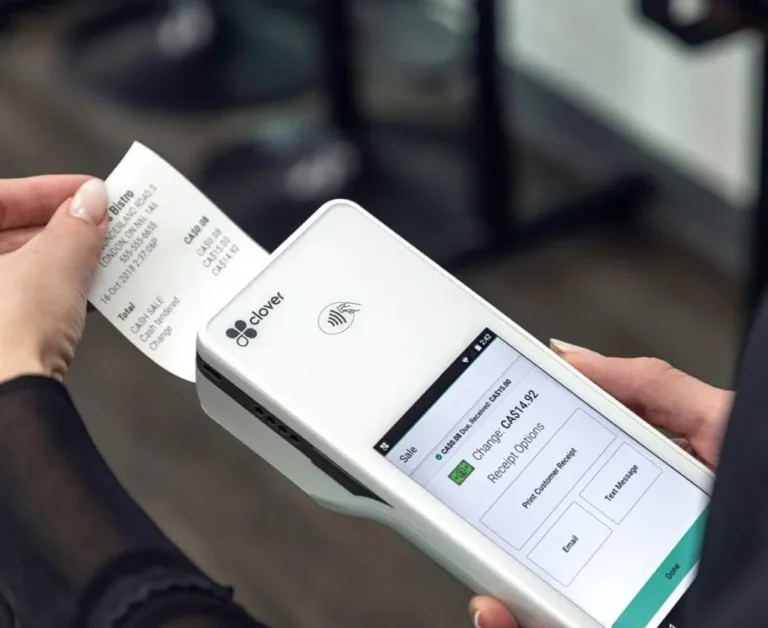Leading researchers showcase quantum machine learning results
Understanding the evolving environment of payment solutions
The need for innovative payment solutions
As e-commerce continues to grow, so does the need for reliable and secure payment solutions. Consumers expect seamless transactions, whether they’re shopping online or in-store. This expectation has led to the development of various payment technologies, including mobile wallets, contactless payments, and cryptocurrency. Each of these solutions offers unique benefits, but they also present challenges that businesses must navigate.
Key features of modern payment solutions
Modern payment solutions are characterized by several key features that enhance the transaction experience for both businesses and consumers. Here are some of the most important aspects:
- Security: With the rise of cyber threats, ensuring the security of financial transactions is paramount. Solutions like tokenization and encryption are essential in protecting sensitive data.
- Speed: In an age where time is of the essence, fast transaction processing is crucial. Instant payment solutions are becoming the norm, reducing wait times and improving customer satisfaction.
- Flexibility: Consumers want options when it comes to payment methods. Whether it’s credit cards, digital wallets, or cryptocurrencies, offering a variety of payment options is key to meeting diverse customer preferences.
- Integration: Seamless integration with existing systems is vital for businesses. Payment solutions that can easily integrate with e-commerce platforms, accounting software, and CRM systems streamline operations and enhance efficiency.
The role of technology in shaping payment solutions
Technology plays a pivotal role in the development of modern payment solutions. Innovations such as artificial intelligence, blockchain, and machine learning are transforming the way transactions are conducted. These technologies offer enhanced security, improved efficiency, and greater insights into consumer behavior.
For instance, blockchain technology provides a decentralized and secure way to conduct transactions, reducing the risk of fraud. Meanwhile, artificial intelligence can analyze transaction data to detect anomalies and prevent fraudulent activities. Machine learning algorithms can also personalize the payment experience, offering tailored solutions based on consumer preferences.
Challenges in implementing payment solutions
Despite the numerous benefits, implementing new payment solutions is not without its challenges. Businesses must consider factors such as cost, regulatory compliance, and consumer adoption. Additionally, the rapid pace of technological change means that companies must be agile and adaptable to stay competitive.
Regulatory compliance is another critical consideration. Payment solutions must adhere to various regulations and standards to ensure the security and privacy of consumer data. Navigating these regulations can be complex, but with the right partner, businesses can ensure compliance while still offering innovative solutions.
The future of payment solutions
The future of payment solutions is bright, with endless possibilities for innovation and growth. As technology continues to evolve, so too will the ways in which we conduct transactions. From biometric payments to the integration of the Internet of Things (IoT), the future holds exciting prospects for both businesses and consumers.
DRS Payments provides innovative, reliable, and secure payment solutions for modern businesses.
DRS Payments provides innovative, reliable, and secure payment solutions for modern businesses.
DRS Payments provides innovative, reliable, and secure payment solutions for modern businesses.







